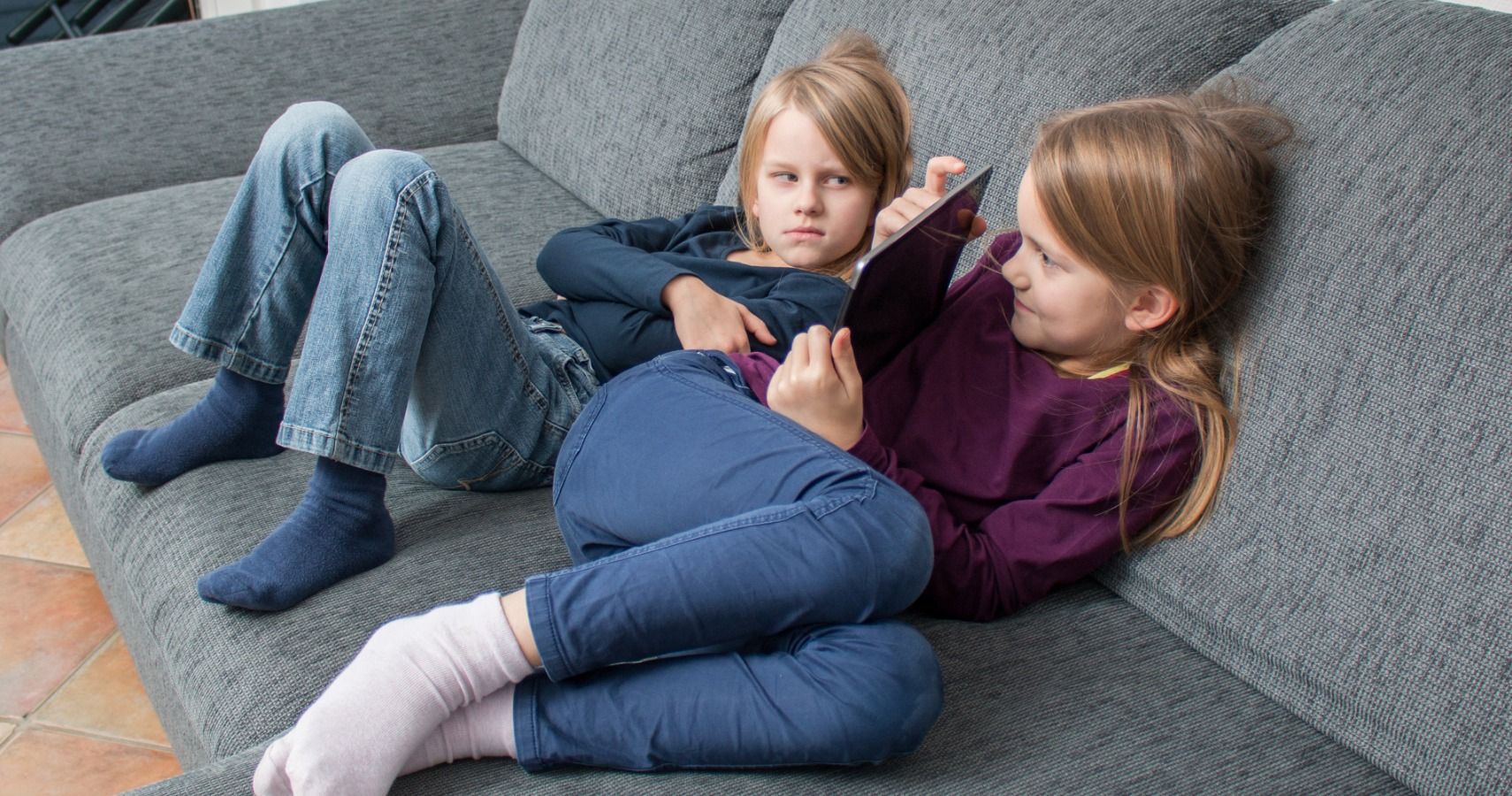If you have more than one child, you have probably marveled MANY TIMES at just how different your kids can be. Maybe you've got one calm child and one wild child. An organized clean-freak and a whirling dervish of mess. It can even be something as simple as having one kid who will eat everything, and one who eats nothing! As parents, we sort of think that having a second child will be just like having the first. But then those second kids come along and completely blow our expectations right out of the water. Always keeping us on our toes, those second-born children. But some new research out about second-born children suggests that those differences may be even more marked than we thought. A study conducted by MIT says that second-born children are more likely to exhibit rebellious behavior, which could cause them a lot of trouble down the road. So we guess it really is true - second-borns are troublemakers!
PREVIOUSLY: This Is When Science Thinks Sibling Rivalry Crosses The Line
The study in question was done by MIT economist Joseph Doyle. According to the data, second-born children are more rebellious, especially second-born boys. Doyle analyzed sets of data in families from Florida and Denmark, and found consistent results despite the major geographical, socio-economical, and environmental differences. Doyle found that in families with two or more children, second-born boys are 20-40% more likely to be disciplined in school and eventually enter the criminal justice system, when compared to their siblings. The data ruled out differences in health at birth and factors such as school choice.
Doyle believes there may be a couple of explanations. Firstly, parents may just be focusing more on their first-born children (we get it, adding a kid really throws the whole system out of whack). But also, second-born kids tend to look to their older siblings as role models, and their older siblings may not modeling the best behavior! This isn't to say that your second-born son is going to end up a juvenile delinquent or in prison. But it's certainly an interesting study, and maybe we can, you know, pay them a little extra attention. Just in case.
READ NEXT: A Mean Sibling May Actually Prepare Your Child For Adult Life

